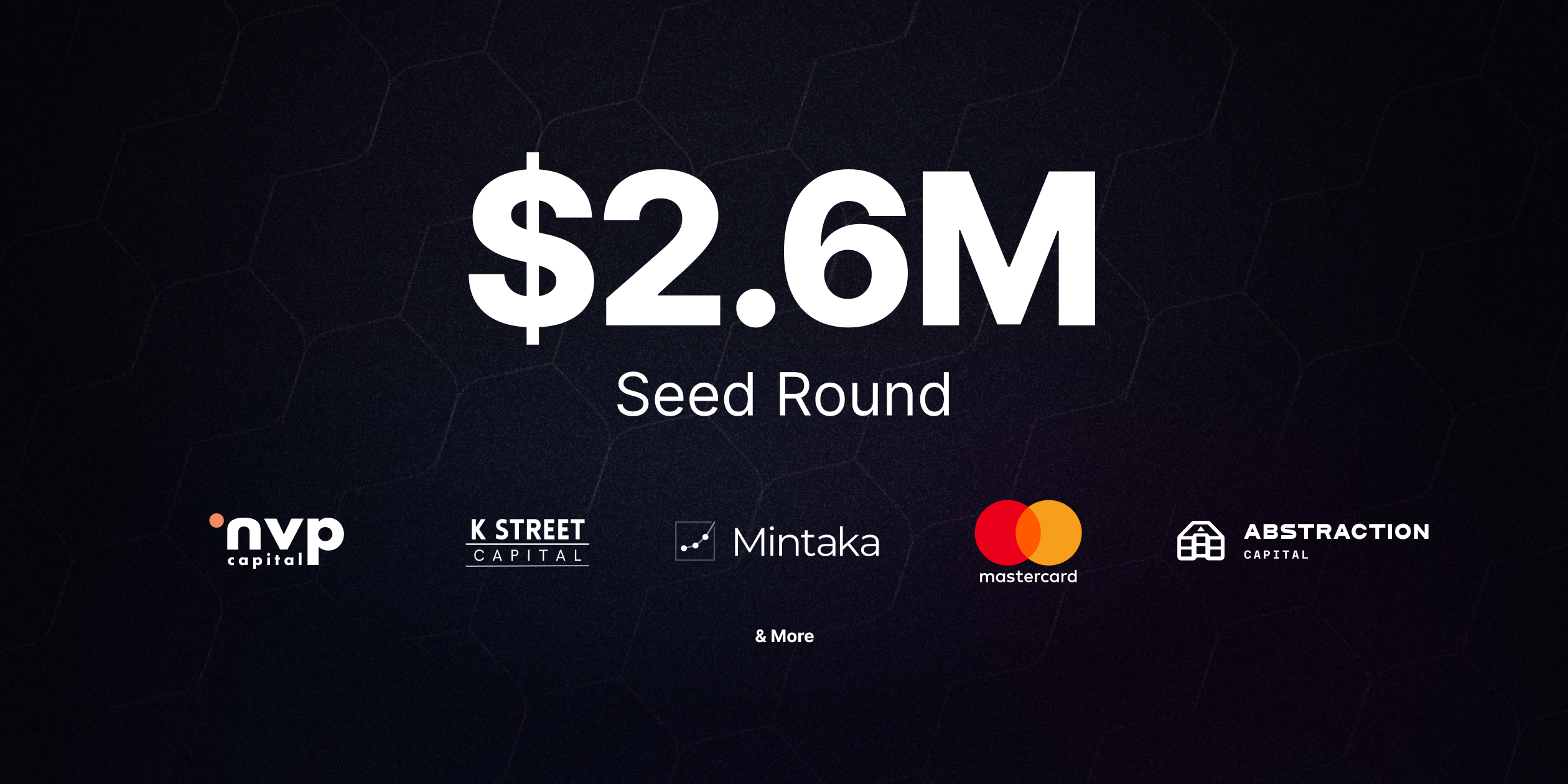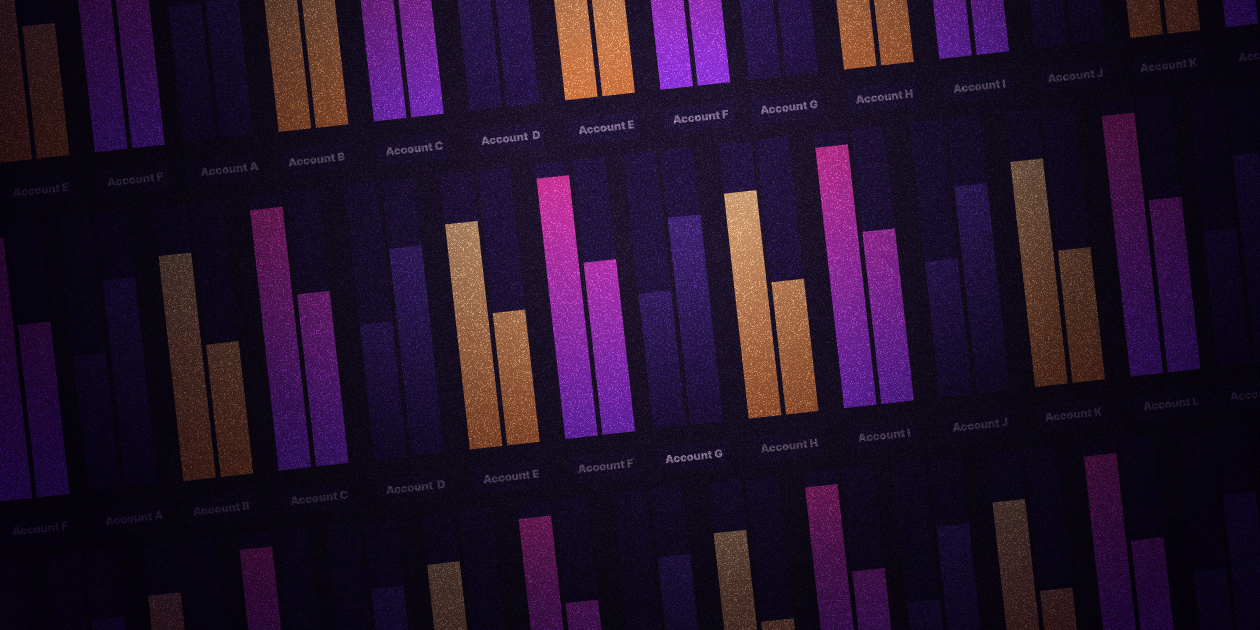
The Evolution of Data Aggregation: From Screen Scraping to APIs
In the Wild West days of the internet, data was scattered across the digital landscape like nuggets of gold waiting to be mined. But extracting that valuable information wasn't easy. Businesses and developers resorted to a technique called screen scraping, a rather crude method akin to panning for gold in a muddy river.
Screen Scraping's Crude Efficiency and Challenges
Imagine trying to copy a restaurant's menu by meticulously transcribing each dish and price by hand. That's essentially what screen scraping was—software mimicking a human user, reading data displayed on a webpage, and laboriously copying it into a database. This method worked, but it was riddled with challenges.
Websites were constantly evolving, adding new features, changing layouts, and updating their code. This meant that carefully crafted screen scraping scripts could break overnight, leaving developers scrambling to fix them. It was like trying to hit a moving target with a blunt instrument. One early adopter of screen scraping, a travel comparison website, found themselves in a never-ending game of cat and mouse with airlines, whose websites were notoriously fickle. The constant maintenance consumed valuable resources and often resulted in inaccurate or outdated data.
Beyond the constant maintenance, screen scraping was inherently slow and resource-intensive. It was like using a pickaxe to chip away at a mountain—functional, but hardly elegant or efficient. Each time a script ran, it would consume significant bandwidth and processing power, potentially slowing down websites and frustrating users.
Security Risks and the Data Gold Rush Gone Wrong
And then there were the security concerns. Often, screen scraping required users to hand over their login credentials to third-party software, a practice that left many uneasy. It was like sharing your house key with a stranger, hoping they wouldn't make copies.
In some cases, that trust was misplaced. Screen scraping scripts, if poorly designed or maliciously exploited, could be used to steal sensitive information like passwords, credit card numbers, or personal data. One infamous incident involved a popular price comparison tool that inadvertently exposed the login credentials of thousands of users to a cybercriminal, leading to a wave of unauthorized purchases and identity theft.
The security risks associated with screen scraping highlighted the need for a more secure and reliable way to access data, one that didn't require users to put their trust in potentially vulnerable third-party applications.
The Rise of APIs and the Data Gold Rush Transformed
As the internet matured, a more sophisticated and secure solution emerged: APIs. Application Programming Interfaces became the standardized language of the data world, allowing different software systems to communicate directly with each other. Instead of painstakingly "reading" webpages, applications could now simply request data from another application's API and receive it in a neat, structured format.
APIs are like well-organized libraries, each with its own catalog and checkout system. Developers can browse the available data, request specific pieces of information, and receive it in a standardized format like JSON or XML. This makes it easy to integrate data from multiple sources and build complex applications on top of it.
To ensure security, APIs often use authentication mechanisms like API keys or OAuth tokens. These act like digital badges, verifying the identity of the application requesting data and preventing unauthorized access. Think of it as installing a high-tech security system on your digital gold vault, protecting it from prying eyes and malicious actors.
Impact on Specific Industries: Finance, Healthcare, E-commerce Transformed
The transition from screen scraping to APIs has been nothing short of transformative for a wide range of industries.
In finance, APIs have enabled the rise of fintech startups that offer innovative services like peer-to-peer payments, robo-advisors, and personalized budgeting tools. Banks and financial institutions have also embraced APIs, opening up their data to third-party developers and fostering a new era of collaboration and innovation.
In healthcare, APIs are being used to improve patient care, streamline data sharing between providers, and enable the development of new diagnostic tools and treatment plans. Electronic health records (EHRs) are increasingly accessible through APIs, allowing patients to view their medical history, schedule appointments, and communicate with their doctors more easily.
E-commerce has also been revolutionized by APIs. Retailers can now offer personalized product recommendations, integrate with social media platforms, and provide seamless checkout experiences. Price comparison websites can access real-time product data, ensuring that consumers get the best deals.
A Future of Real-Time Data, AI-Powered Insights, and Ethical Considerations
As technology continues its relentless march forward, data aggregation is poised to become even more sophisticated. We can anticipate real-time data streams that empower businesses with up-to-the-minute insights, and AI-powered tools that sift through mountains of data to uncover hidden patterns and correlations.
One promising area is the Internet of Things (IoT), where billions of connected devices generate vast amounts of data. APIs will play a crucial role in collecting, analyzing, and utilizing this data to optimize processes, improve efficiency, and create new products and services.
But with great power comes great responsibility. As data aggregation becomes even more pervasive, ethical considerations around privacy, consent, and data ownership will become increasingly crucial. Striking the right balance between innovation and protecting individuals' rights will be a key challenge in the years ahead.
What Lies Ahead for Aggregation and Innovation
The journey of data aggregation, from the cumbersome days of screen scraping to the elegant efficiency of APIs, is a testament to human ingenuity and our relentless pursuit of knowledge. APIs have ushered in a new era of data-driven innovation, transforming industries, empowering businesses, and improving the lives of consumers.
As we continue to explore the vast possibilities of the digital realm, one thing is certain: the way we collect, share, and utilize data will continue to evolve, shaping the future of business, technology, and society itself. The evolution from screen scraping to APIs is just one chapter in this ongoing story, and the next chapter promises to be even more exciting.




